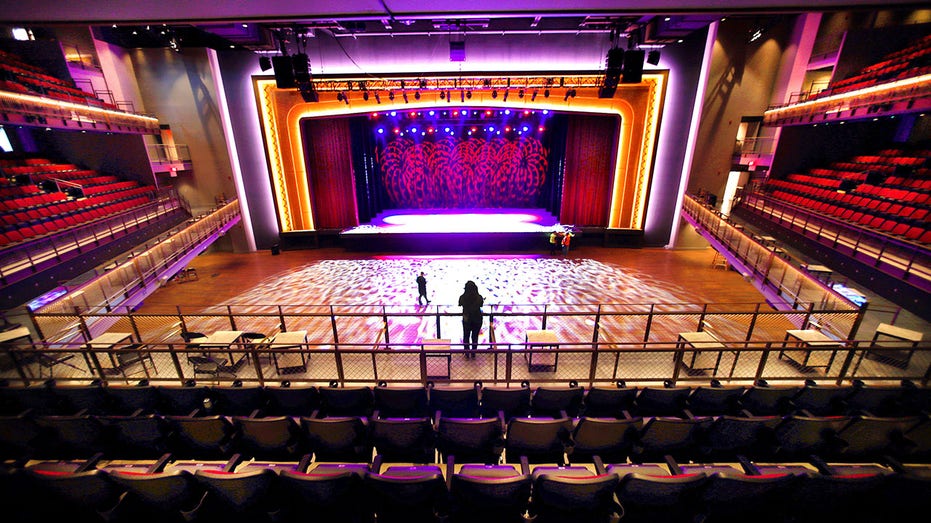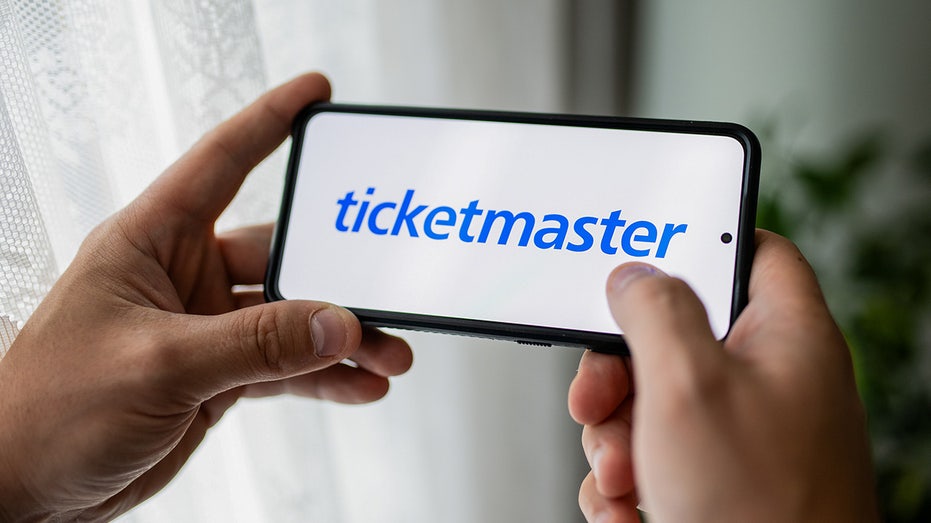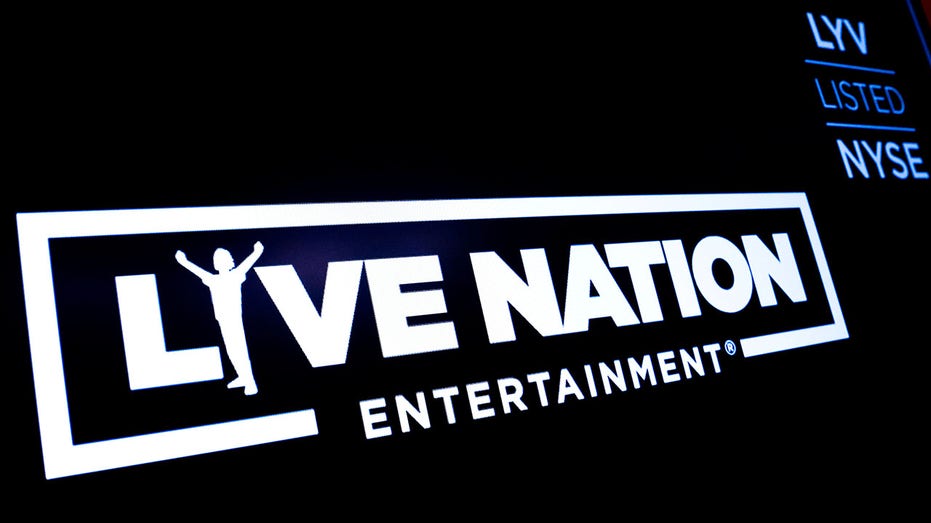DOJ sues Live Nation and Ticketmaster, alleging 'monopolistic control' over live events business
Attorney General Merrick Garland says it is 'time to break up Live Nation'
Attorney General Merrick Garland is vowing that it is "time to break up Live Nation" as the Justice Department is suing the company and its subsidiary Ticketmaster for "monopolization and other unlawful conduct that thwarts competition in markets across the live entertainment industry."
The Justice Department on Thursday announced that it and 30 state and district attorneys general have filed a civil antitrust lawsuit in the U.S. District Court for the Southern District of New York.
"We allege that Live Nation relies on unlawful, anticompetitive conduct to exercise its monopolistic control over the live events industry in the United States at the cost of fans, artists, smaller promoters, and venue operators," Garland said in a statement. "The result is that fans pay more in fees, artists have fewer opportunities to play concerts, smaller promoters get squeezed out, and venues have fewer real choices for ticketing services. It is time to break up Live Nation."
Live Nation Entertainment told FOX Business in a statement that "[c]alling Ticketmaster a monopoly may be a PR win for the DOJ in the short term, but it will lose in court because it ignores the basic economics of live entertainment, such as the fact that the bulk of service fees go to venues, and that competition has steadily eroded Ticketmaster’s market share and profit margin."
TAYLOR SWIFT LIFTS DEMAND ON AIRLINE TICKETS TO EUROPE

The MGM Music Hall at Fenway in Boston is one of many concert venues operated by Live Nation. (John Tlumacki/The Boston Globe via Getty Images / Getty Images)
"Our growth comes from helping artists tour globally, creating lasting memories for millions of fans, and supporting local economies across the country by sustaining quality jobs," it added. "We will defend against these baseless allegations, use this opportunity to shed light on the industry, and continue to push for reforms that truly protect consumers and artists."
The Justice Department says exclusionary practices carried out by Live Nation and Ticketmaster protect what it refers to as its "flywheel."
| Ticker | Security | Last | Change | Change % |
|---|---|---|---|---|
| LYV | LIVE NATION ENTERTAINMENT INC. | 147.91 | +7.07 | +5.02% |
"The flywheel is Live Nation-Ticketmaster’s self-reinforcing business model that captures fees and revenue from concert fans and sponsorship, uses that revenue to lock up artists to exclusive promotion deals, and then uses its powerful cache of live content to sign venues into long term exclusive ticketing deals, thereby starting the cycle all over again," the Justice Department said in a statement.
Prosecutors allege in one instance, "Live Nation-Ticketmaster successfully threatened financial retaliation against a firm unless it stopped one of its subsidiaries from competing to gain a foothold in the U.S. concert promotions market."
DIDDY MUSIC ‘PAUSED’ ON PELOTON PLATFORM AFTER MEMBER BACKLASH

The DOJ says it has filed a civil antitrust lawsuit against Live Nation and its wholly-owned subsidiary Ticketmaster for "monopolization and other unlawful conduct that thwarts competition in markets across the live entertainment industry." (Mateusz Slodkowski/SOPA Images/LightRocket via Getty Images / Getty Images)
They also say that "Live Nation-Ticketmaster locks concert venues into long-term exclusive contracts so that venues cannot consider or choose rival ticketers or switch to better or more cost-effective ticketing technology."
"Live Nation-Ticketmaster has increasingly gained control of key venues, including amphitheaters, through acquisitions, partnerships, and agreements," the Justice Department adds. "Live Nation-Ticketmaster restricts artists’ use of those venues unless those artists also agree to use their promotion services."

The logo and trading information for Live Nation Entertainment are displayed on a screen on the floor at the New York Stock Exchange in May 2019. (Reuters/Brendan McDermid / Reuters Photos)
CLICK HERE TO READ MORE ON FOX BUSINESS
Prosecutors say the lawsuit ultimately "includes a request for structural relief, seeks to restore competition in the live concert industry, provide better choices at lower prices for fans, and open venue doors for working musicians and other performance artists."





















